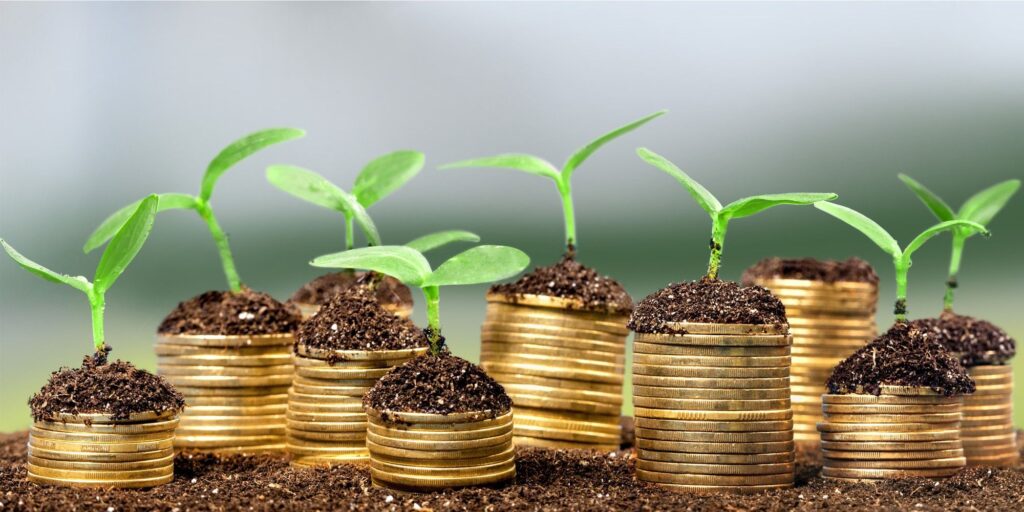Revolutionizing Agriculture Globally!
- Mon - Fri 8:00a.m - 4:00p.m, Weekends - CLOSED

The agricultural sector has long been considered a cornerstone of the global economy, providing essential products and services that sustain livelihoods and feed nations. As populations grow and resources become scarcer, the need for sustainable and efficient agricultural practices has never been more pressing. In this context, investing in the agricultural sector not only presents lucrative opportunities for financial gain but also contributes to securing a more resilient and food-secure future for all.
Agriculture is a sector with a proven track record of resilience and stability even in the face of economic downturns. The global demand for food is ever-increasing due to population growth, urbanization, and changing dietary preferences. This creates a stable and growing market for agricultural products and services, making it an attractive investment option for both individual and institutional investors.
Moreover, investing in agriculture can have a profound impact on sustainable development and environmental conservation. By supporting innovative farming techniques, technology-driven solutions, and socially responsible practices, investors can play a crucial role in promoting food security, mitigating climate change, and fostering inclusive growth in rural communities.
There are various avenues for investment in the agricultural sector, ranging from traditional farmland acquisition to agribusiness ventures and impact investing initiatives. Here are some key areas where investors can capitalize on the potential of agriculture:
Direct ownership of agricultural land can provide long-term capital appreciation and steady income streams through leasing arrangements with farmers. This option is particularly attractive for investors seeking tangible assets with low correlation to traditional financial markets.
Investing in agribusiness companies involved in crop production, livestock farming, food processing, and distribution can offer exposure to the entire value chain of the agricultural sector. These companies often benefit from economies of scale, technological advancements, and global market trends.
Agri-tech startups are revolutionizing the way farming is done through innovative solutions such as precision agriculture, vertical farming, and digital marketplaces. Investing in these disruptive technologies can yield high returns while promoting sustainable practices and efficiency gains in the sector.
For socially conscious investors, impact investing in agriculture offers the opportunity to generate financial returns while driving positive social and environmental outcomes. Supporting smallholder farmers, sustainable agriculture projects, and community-based initiatives can create lasting impact on food security and rural development.
While the agricultural sector presents promising investment opportunities, there are inherent risks and challenges that investors should be aware of. These include weather-related uncertainties, supply chain disruptions, regulatory changes, and market volatility. Conducting thorough due diligence, diversifying investment portfolios, and staying attuned to industry trends are essential strategies for mitigating risks and maximizing returns in the agricultural sector.
Investing in the agricultural sector is not only a sound financial decision but also a catalyst for positive change in the global food system. By harnessing the potential of agriculture to drive economic growth, social development, and environmental sustainability, investors can sow the seeds for a bountiful harvest of opportunities that benefit both present and future generations.

Block 41, Plot 6, Road D4, Aule GRA, Akure, Ondo State.
Support@sdufarms.com
At Syndy Dee Ultimate Farm, we envision revolutionizing agriculture globally, ensuring every aspiring farmer realizes sustainable success.
1 Review on “Investing in the Agricultural Sector: A Bounty of Opportunities”
sdufarms Listing Owner
Helpful Post!